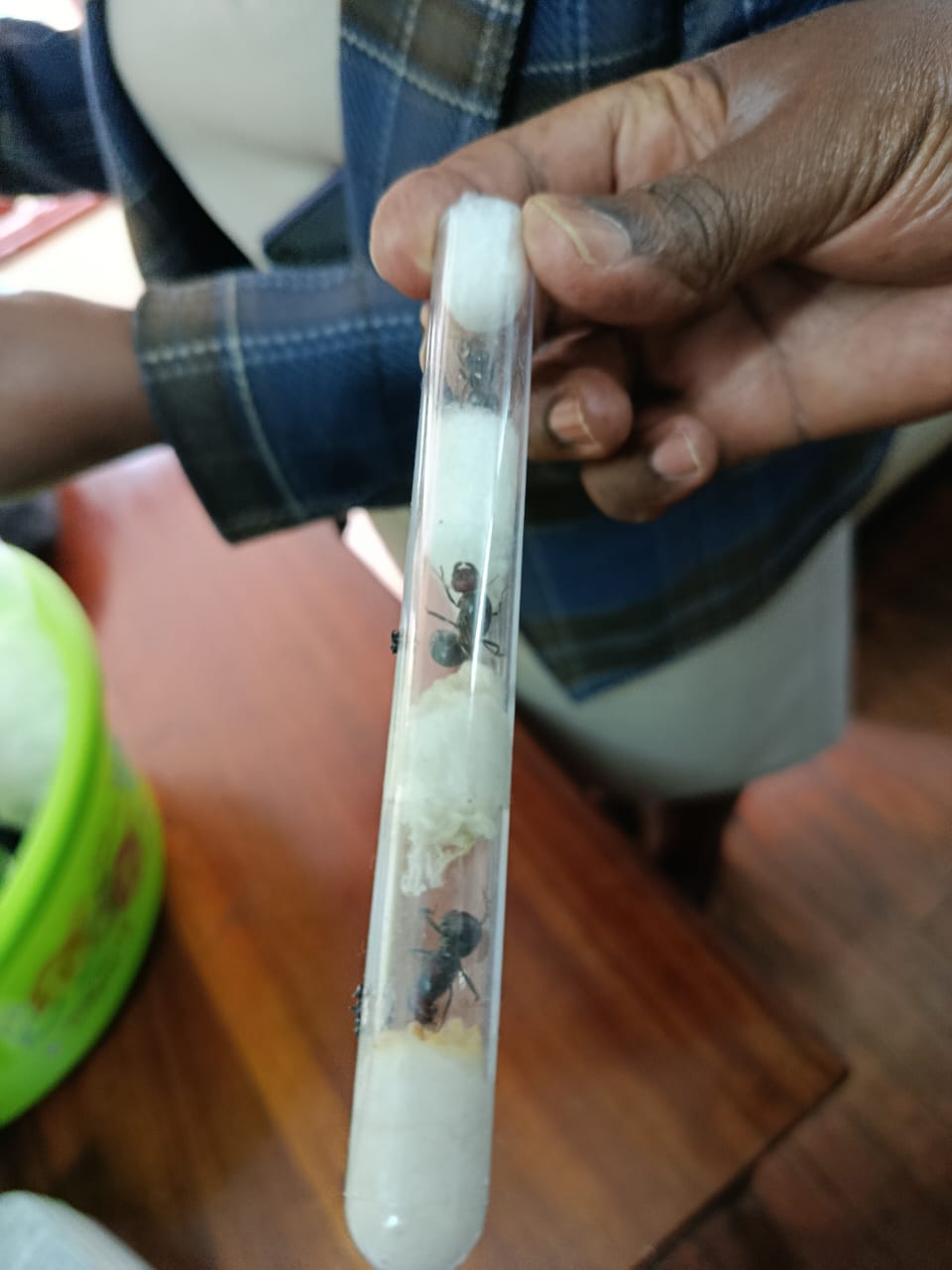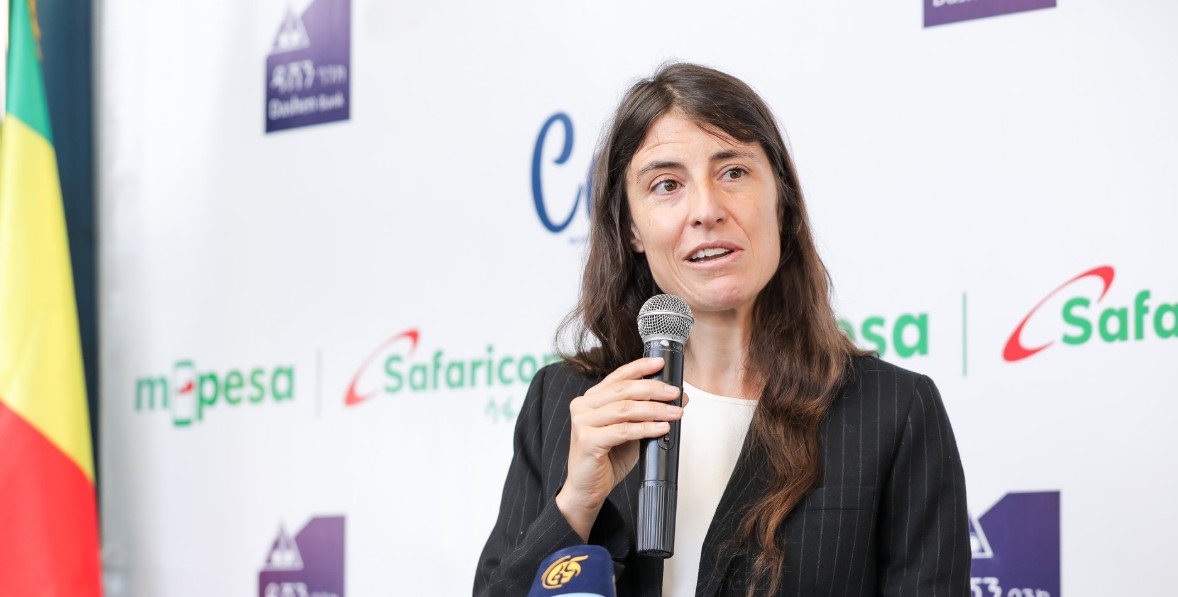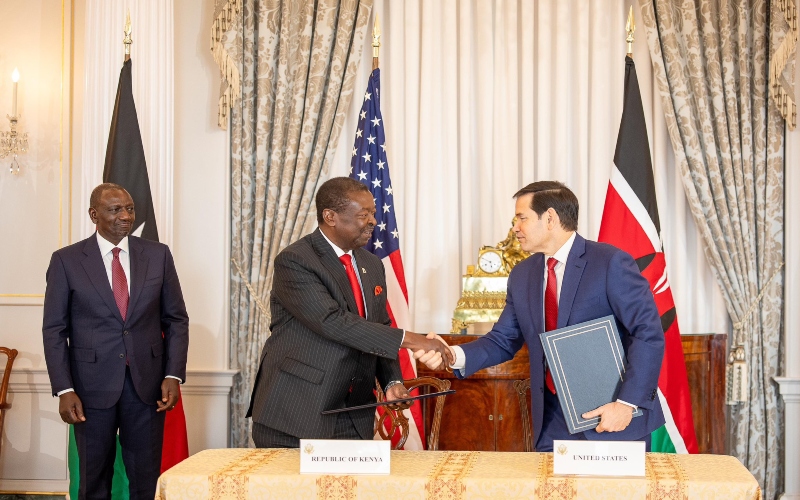Two Belgians jailed for smuggling over 5,000 live queen ants

They pleaded guilty to unlawful possession of the ants, which have an estimated value exceeding Sh1 million. The two had neither the necessary permits to collect nor export the insects, thereby breaching Kenya’s wildlife protection laws.
Two Belgian nationals have each been sentenced to 12 months in prison for the illegal trafficking of live queen garden ants.
More To Read
- Kenya sees major boost from visa-free policy as tourist numbers hit 1.8 million
- Kenya Airways staff jailed for 25 years for trafficking heroin
- Rescue mission launched to save Masai giraffes trapped by fences in Naivasha
- Lewa, KWS launch vulture tracking project to boost raptor conservation
- Rare eastern black rhino calf born in Chyulu Hills, boosting critically endangered population
- Tender wars at JKIA threaten security and protocol standards, court petition reveals
David Lornoy and Seppe Lodewijckx, both aged 19, were alternatively fined Sh1 million each by JKIA Senior Principal Magistrate Anjela Njeri Thuku. The pair were found in possession of more than 5,000 queen ants at a guesthouse near Lake Naivasha.
They pleaded guilty to unlawful possession of the ants, which have an estimated value exceeding Sh1 million. The two had neither the necessary permits to collect nor export the insects, thereby breaching Kenya’s wildlife protection laws.
The magistrate acknowledged the mitigation submissions made by both the accused and the prosecution.
In their defence, Lornoy and Lodewijckx claimed ignorance of the law, describing their actions as a “stupid mistake”. They expressed remorse, insisted they had no intent to harm, and pleaded for leniency, saying they wished to return home.
Despite their plea, the court imposed a fine of Sh1 million each, with a default sentence of one year in prison.
In a previous hearing, the Office of the Director of Public Prosecutions (ODPP) urged the court to issue a strong sentence, citing the growing global threat of biological smuggling.
Prosecutor Allen Mulama presented a detailed report from the Kenya Wildlife Service (KWS), outlining the ecological and economic importance of the ants and highlighting the increasing risk of live insect trafficking.
According to the report, the ants were concealed in specially modified test tubes manufactured in China. These tubes are designed to bypass airport scanners and sustain live insects for up to two months, making detection particularly difficult.
KWS described the case as part of a growing trend in wildlife crime involving live insects, such as queen ants and praying mantises. Since 2019, authorities have intercepted several such shipments at Jomo Kenyatta International Airport and in courier facilities across Nairobi, Gilgil, and Naivasha.
The report revealed that traffickers frequently misdeclare the insects as wooden carvings or toys. Locally, a single queen ant is sold to brokers for about Sh50 and resold at around Sh150. In European markets, however, they fetch between €60 and €100 (approximately Sh9,000 to Sh15,000), used primarily for culinary or decorative purposes.
The DPP also submitted a report from the National Museums of Kenya authored by a leading entomologist, which emphasised the critical ecological roles played by ants—such as pest control, seed dispersal, soil aeration, nutrient recycling, and acting as indicators of environmental health and climate change.
The entomologist warned that large-scale harvesting of queen ants could result in local extinctions, destabilisation of ecosystems, reduced plant nutrient availability, and the proliferation of invasive species.
Top Stories Today














































